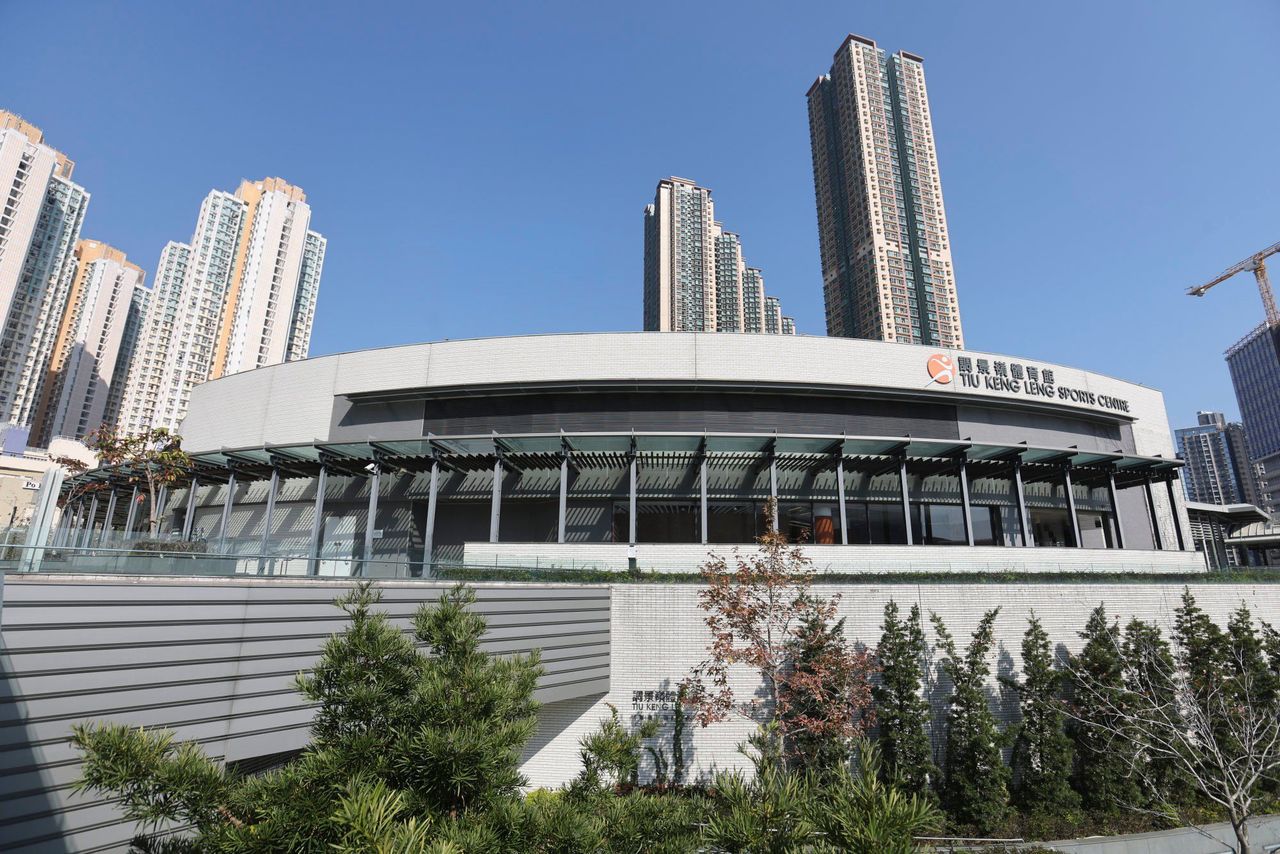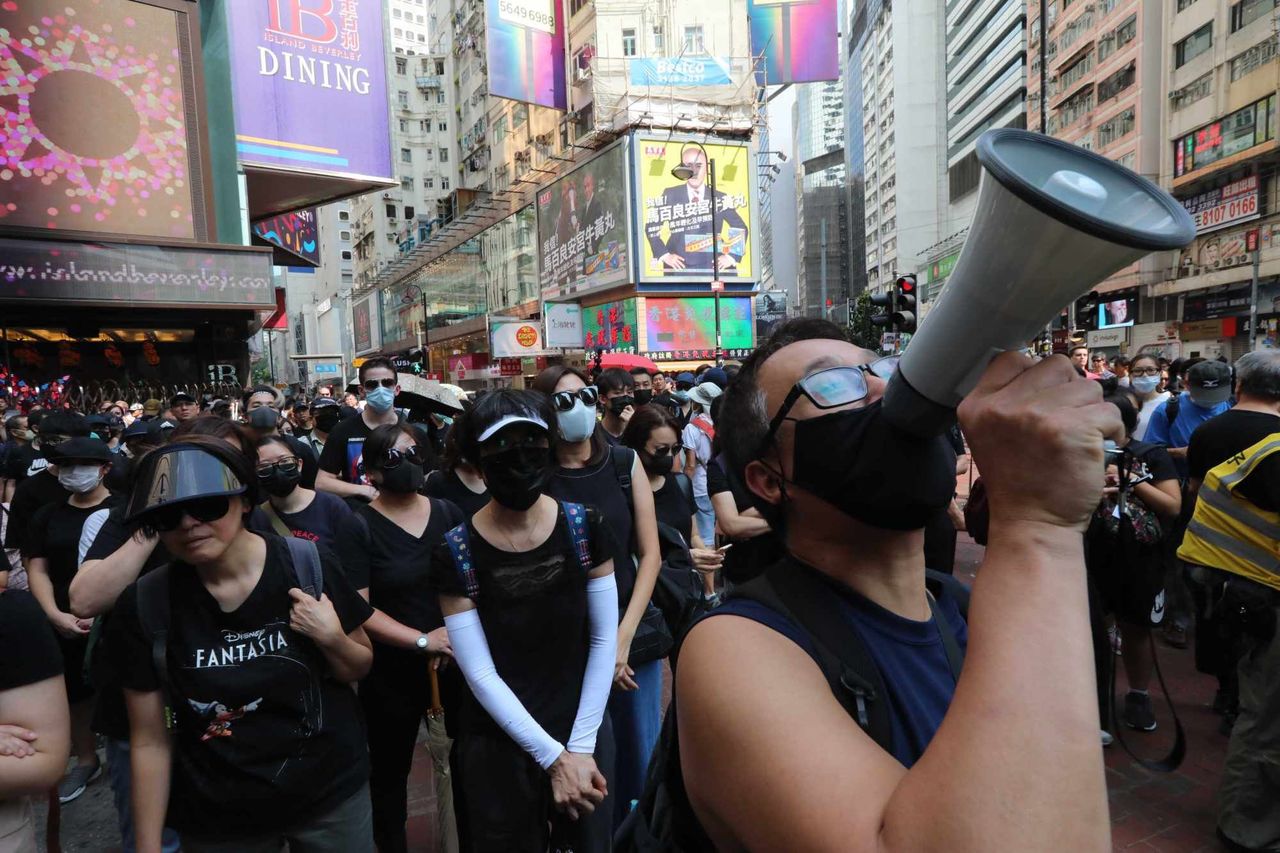Hong Kong News

Number tags for marchers but no masks, Hong Kong police tell protest organisers
Hong Kong police have told residents planning to join a protest against reclamation on Sunday not to mask up and to wear number tags around their necks to “prevent criminals from mixing” with the rally – the first since all Covid-19 curbs were lifted.
The unprecedented requirements came to light on Friday when a group of homeowners in Tseung Kwan O revealed they had obtained police permission to hold a rally against proposed reclamation for building “obnoxious facilities” such as refuse collection stations.
The demonstration would be the first since authorities removed all pandemic social-distancing restrictions and the mask mandate earlier this month.
 Sunday’s march is expected to start at Tiu Keng Leng Sports Centre.
Sunday’s march is expected to start at Tiu Keng Leng Sports Centre.
According to the force’s letter of no objection issued on Friday, the rally organisers – the owners’ corporation of the Metro Town private housing estate – must ensure participants abide by the national security law as well as not wearing masks during the protest.
The organisers must also make sure all participants wear a number tag around their necks for identification. The move was to prevent criminals from mixing with the rally and instigating illegal and violent acts, the letter said.
They must immediately notify police and take appropriate measures to disperse the crowd if they find anyone committing illegal acts or activities that would harm national security.
The letter said 100 people were expected to participate in the rally and nobody would be allowed to join in halfway through.
Cyrus Chan Chin-chun, a representative of the march organisers, said the number tag requirement was the “strictest he had ever seen” but he had to follow the rules if he wanted the rally to proceed.
“If you ask me whether or not I like those terms, the answer must be negative,” Chan said. “There is nothing else I can do but to fulfil such requests.”
A police spokesman said the force was taking corresponding measures to deal with the march based on a risk assessment regarding its purpose and nature, the number of participants, past experience and the latest situation in society.
Figo Chan Ho-wun, former convenor of the now-disbanded Civil Human Rights Front, which used to organise some of the city’s biggest protests, said police could impose extra requirements when issuing a letter of no objection.
These extra requirements could bring difficulties to organisers and obstruct the use of the right to assemble, he said, noting that it would not be possible to require participants of a public rally which involved tens of thousands of people to wear an identification card.
“But if the organiser agrees or is willing to do so, I don’t think it’s an issue,” he said.
The planned march from Tiu Keng Leng Sports Centre to South Landing in the southeastern part of Tseung Kwan O would start at 11.30am. A 30-minute rally was planned for before the march, with a one-hour assembly afterwards.
 Protesters were banned from wearing masks back in 2019.
Protesters were banned from wearing masks back in 2019.
Earlier this month, a rights group abruptly called off a march to mark International Women’s Day, which would have been the first authorised rally since the lifting of social-distancing measures.
The Hong Kong Women Workers’ Association expressed “regret” over the cancellation without explaining the reason for the move.
Police said after the cancellation that they had found many people, including violent gangs, had indicated they would attend the march.
The League of Social Democrats had said four of its members were warned by national security police not to join the women’s rally a day before the organisers called it off.
Protests to call attention to demands ranging from workers’ rights to greater democracy were a regular feature in Hong Kong over the decades, and continued after the handover from British to Chinese rule in 1997.
Authorities had imposed a ban on wearing masks at rallies at the height of the anti-government protests in 2019. The emergence of the coronavirus pandemic the following year prompted the government to limit the number of people allowed to gather in public, putting a halt to protests.
Demonstrations also became a rare sight following Beijing’s imposition of the national security law on Hong Kong in June 2020 in the wake of the unrest.











